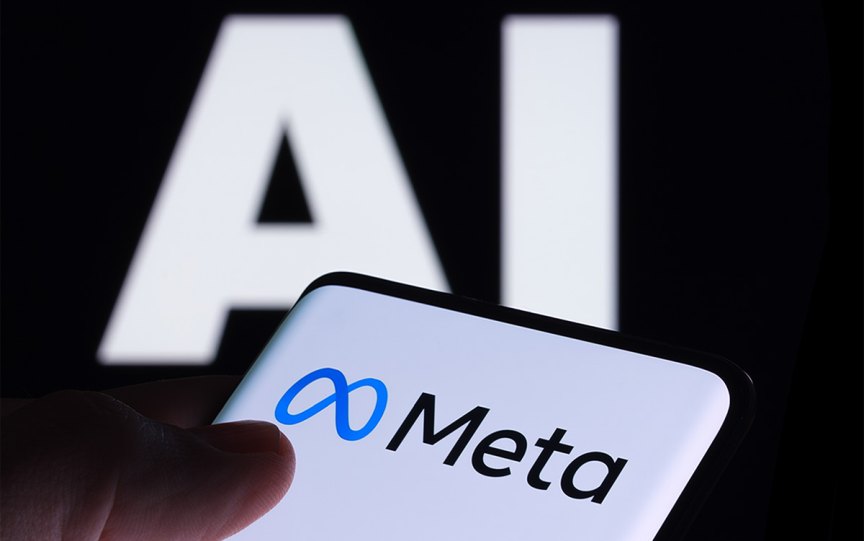Meta develops AI search engine to compete with Google and Bing, reducing reliance on rivals

Less than six months after unveiling Meta.ai to compete with ChatGPT, Meta Platforms is setting its sights on a new challenge: taking on search giants Alphabet’s Google and Microsoft’s Bing.
According to The Information, Meta is preparing to launch an AI-powered search feature that could reduce its reliance on Google and Bing for real-time information. Powered by a new web crawler, this tool will integrate with Meta’s chatbot on WhatsApp, Instagram, and Facebook to answer questions about current events, news, stocks, and sports—a step toward search self-sufficiency.
“As Meta Platforms tries to keep up with OpenAI in developing artificial intelligence, the Facebook owner is working on a search engine that crawls the web to provide conversational answers about current events to people using its Meta AI chatbot,” The Information reported.
In this competitive field, companies like OpenAI, Google, and Microsoft are all innovating rapidly. Google, for instance, has integrated its powerful Gemini model into Search to enhance interactivity, while OpenAI relies on Microsoft’s Bing for web access to address trending queries.
Another insider told The Information that Meta also aims to reduce its dependence on the two rivals, which currently supply Meta AI users with news, sports, and stock information, according to a source close to the search engine team. Additionally, this move could provide Meta with a backup plan if either Google or Microsoft decides to end these partnerships,
In doing so, Meta hopes to lower its reliance on Google Search and Microsoft’s Bing, which currently provide information about news, sports and stocks to people using Meta AI, according to a person who has spoken with the search engine team. It could also give Meta a backup option if Google or Microsoft withdrew from these arrangements, according to a person who has been involved with the strategy.”
Scraping the web for data to train AI models raises concerns over copyright and fair compensation for content creators. Meta recently addressed this by announcing that its AI chatbot will use Reuters content to answer news-related questions in real-time.
In June, Meta unveiled Meta.AI, an AI assistant powered by its state-of-the-art Llama 3 technology. This launch is widely interpreted as a direct challenge to the dominance of OpenAI’s ChatGPT, signaling a shift towards a higher standard for AI-mediated communication.
The introduction of Meta.AI closely follows the debut of Llama 3, Meta’s latest iteration of its open-source LLM framework, featuring versions boasting 8 billion and 70 billion parameters. These iterations have demonstrated superior performance in various evaluation benchmarks, solidifying Meta’s position as a formidable contender in the field.




